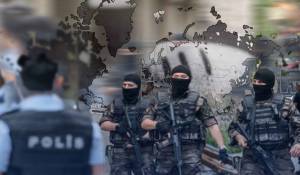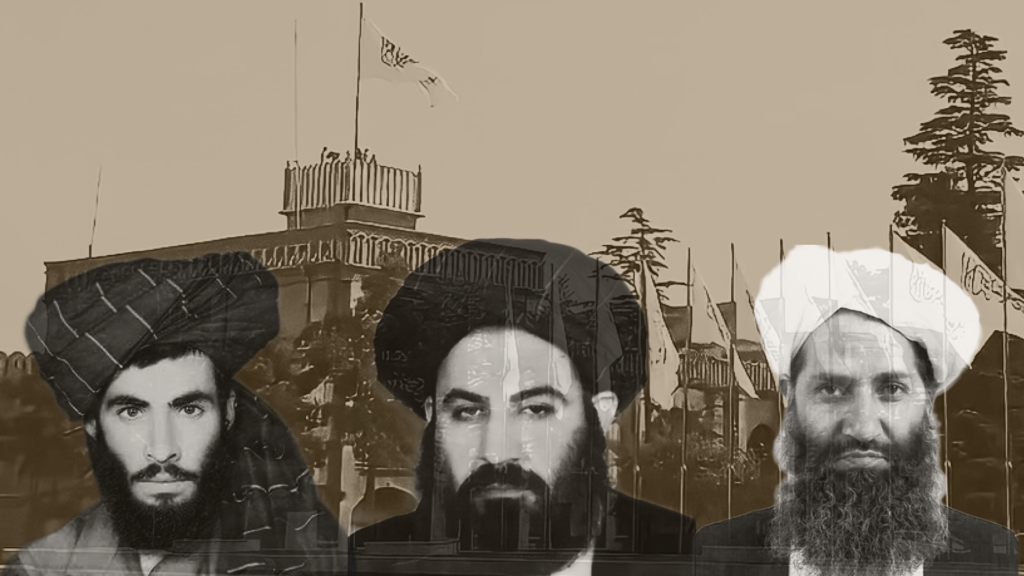
Tameem Bahiss

March 04, 2026
By | Tameem Bahiss

On the 15th of August 2021, Taliban forces marched through Kabul, culminating a sweeping offensive, capturing 33 of the country’s 34 provinces in 9 days. In the initial days, the Taliban’s policies were relatively modest, allowing girls to attend primary schools and universities.
However, the Taliban’s government began introducing further restrictions on women, shutting them out of secondary schools and universities, and banning their employment. The decisions made by the Taliban were heavily criticised by both Afghans and the international community. Even some influential Taliban leaders came forward and criticised the decision of banning girls’ schools. A rare occurrence given the Taliban’s strong public display of unity and cohesion.
The Taliban leaders have repeatedly provided private and public assurances that they will not obstruct girls from attending schools. The unexpected decisions made by the Taliban have left policymakers and foreign diplomats perplexed and feeling frustrated by the Taliban’s behaviour. Many complain of feeling deceived by Taliban figures that promised basic rights to Afghan women in international fora. Questions have arisen regarding who is responsible for making these decisions and who holds the authority to reverse them. Did the Taliban purposely mislead the Afghans and the international community? To comprehend the complexities, we have to carefully analyse how the Taliban govern.
During the Taliban’s initial reign in the 1990s, they governed Afghanistan through an emirate system. Emirate is a form of government in which a leader, known as the “emir”, has virtually unfettered power over all the affairs of the state. There are few checks and balances on the emir’s power to legislate or regulate what he sees fit. In the Taliban’s version of an emirate, the emir holds such immense power that they are not obligated to comply with the rulings of any councils or shuras. Instead, every council is required to abide by the emir’s decision, even if it contradicts the council’s decision. National councils and assemblies, much like public functionaries, serve at the sole discretion of the emir.
During the 1990s, Mullah Omar governed Afghanistan as an authoritarian leader who only made decisions that he deemed appropriate. As per some reports, in order to avoid a military confrontation with the United States following 9/11, a vast number of the leadership council members were willing to hand over Osama bin Laden to the US but Mullah Omar saw Bin Laden as a guest under Taliban protection and refused to hand him over to the United States. Although some of the Taliban leaders might have disagreed with Mullah Omar’s decision, they were all bound to obey him, regardless of what decision he made.
During the insurgency of the 2000s, Mullah Omar delegated virtually all tasks to a leadership council created by him. This leadership council quickly emerged as the ultimate decision-maker in steering the insurgency. The leadership council was responsible for making crucial decisions such as appointments, dismissals, and setting policy direction. With Mullah Omar in hiding, the leadership council took charge to oversee the insurgency and made decisions that were agreed upon by the council.
At crucially important junctures such as after the death of Mullah Omar or later after the demise of Akhtar Mohammad Mansoor, the leadership council played instrumental roles in salvaging the movement and the insurgency by making crucial decisions. Throughout the two decades of insurgency, nearly all the critical decisions were made by the leadership council. Thus, the decision to allow school may have been taken by the leadership council during the insurgency period, which is why multiple forms of assurances were given about permitting girls’ education.
On August 15, 2021, the Taliban forces marched through Kabul in their lightning offensive, stunning everyone, including the Taliban leadership. Taliban supreme leader Sheikh Hebatullah Akhunzada was quick to consolidate his power, upon his initial undertakings, he dissolved the leadership council and removed his deputies from their positions.
In the emirate type of system, the leader, this time Hebatullah Akhunzada, has unfettered power, as long as his decisions are not contradictory with Shariah law and everyone under his rule is bound to obey him. It seems like Hebatullah Akhunzada is inclined to rule Afghanistan the way Mullah Omer, the founder of the Taliban, did. An authoritative leader, living reclusively in Kandahar and imposing a strict interpretation of Shariah law.
Reports suggest that the decision to close down girls’ secondary schools and universities was decreed by Hebatullah Akhunzada. Most other influential Taliban leaders appear to disagree with this decision and may be attempting to persuade Akhunzada to re-allow girls’ education. Many have given assurances that the ban on girls’ education is not permanent and will be reconsidered. It is important to note that in an emirate system, an emir’s ruling or policy is not permanent, and only remains in effect until a new emir is sworn in.
The issue of girls’ education has led to a previously unseen level of disagreement among the Taliban leadership. If this matter is not resolved, it could result in possible division within the Taliban movement, and could further alienate the general population of Afghanistan. However, so far, there is little sign to suggest the Emir will budge from his position.
Disclaimer: The opinions expressed are those of the authors. They do not necessarily reflect the policy of the organisation.